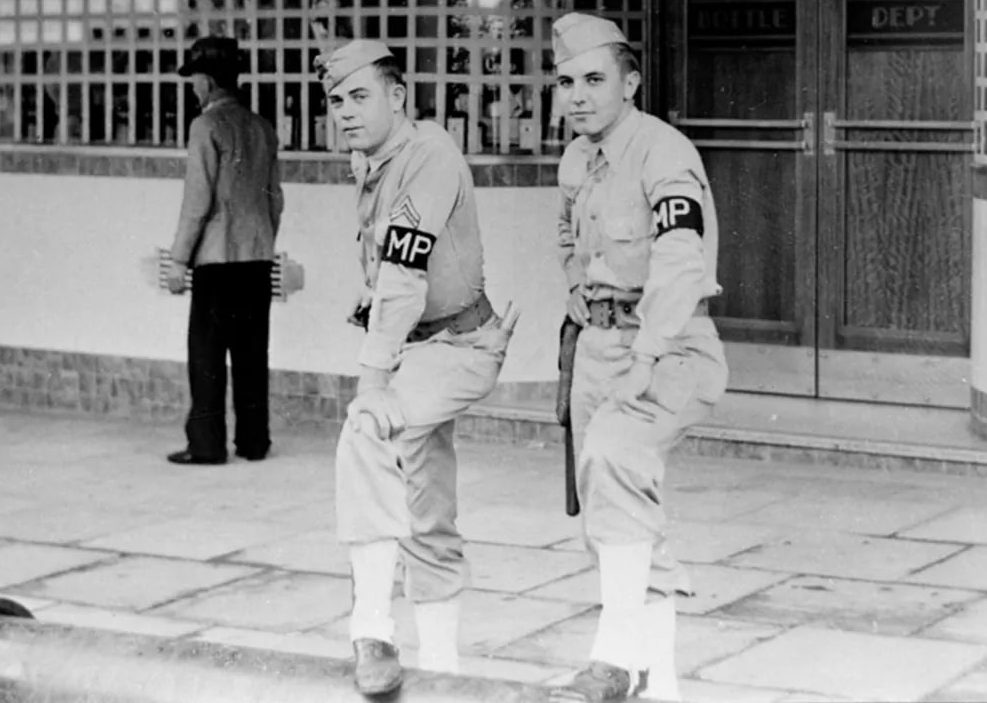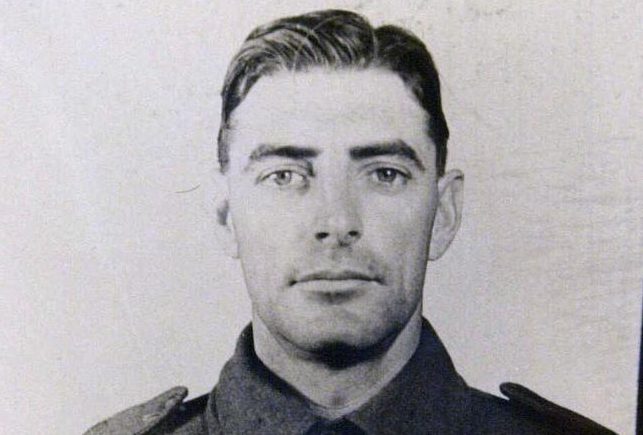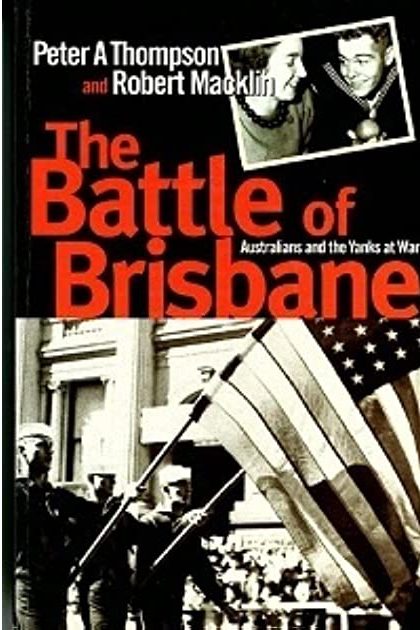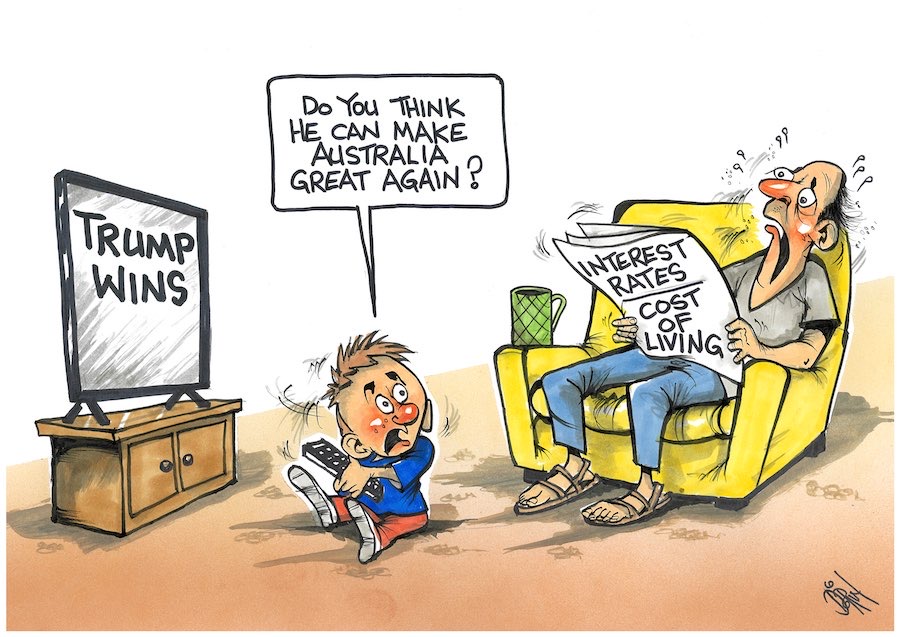
“While collectable shops, market stalls and so-called charities pile up their profits, the authors of the work sold and resold get absolutely nothing,” bemoans columnist ROBERT MACKLIN, himself an author of 30 books.
LAST week, Wendy returned from a morning trip to town with a “present” – a first edition in mint condition of my book, “The Battle of Brisbane” written with my old school friend Peter Thompson and published in 2000 by ABC Books.

It tells of the “battle” between Australian and American troops in our old home town in 1942 in which an Australian soldier, Edward Webster, was shot to death by a US MP, Private Norbert J Grant; and a riotous Aussie response that put a dozen American servicemen in hospital.
Copies are as rare as hen’s teeth and I was duly grateful… until, that is, she told me she’d bought it for $5 at the local Vinnies.
What troubled me was not the contribution to the religious charity (it was her money after all and giving presents is her pride and joy). Instead, it struck home, once again, the blatant injustice of the secondhand book trade.
While collectable shops, market stalls and so-called charities pile up their profits, the authors of the work sold and resold get absolutely nothing.
Indeed, they lose twice over because instead of buying new from registered booksellers where the publisher pays a royalty on each book sold, they can pick up the same work for a fraction of the price when it eventually – and inevitably – finds its way into the hands of the exploiters.
Some other works of creative art – music, for example – are protected by a system where each time a song is used, a royalty is paid through APRA or AMCOS to the composer and performer.

So why should authors be in any different situation? The same goes for painters and sculptors. Every time a painting changes hands – perhaps for the usual 70 years after its composition – the artist or her estate should receive a set percentage of the sale.
For writers there are some minor offsets. Gough Whitlam introduced Public Lending Right to compensate for the free access to our work through libraries, and to this was added an educational aspect when works are used in school libraries. Add to that the Copyright Agency that theoretically keeps an eye on works copied for whatever use.
But together the annual return to the average Australian author would not pay a single monthly power bill. And the lending/copying area is only a tiny fraction of the massive rip-off from the secondhand trade.
The whole rotten business has been driven home these last few weeks by two good friends presently busting their guts promoting terrific novels they’ve written – Rob Drewe whose brilliant “Nimblefoot” is an absolute corker; and Paul Daley’s “Jesustown”, which kept me riveted, not least because a character is partially based on Donald Thomson whose biography has chained me to the computer for what seems like two lifetimes (his and mine!).

Promoting our work is no fun. We all have stories of the soul-destroying round of radio “hosts” who forget our names, have only read the back blurb but have firm opinions; and of arts editors who choose reviewers with a book half-written on the same subject. And that’s before penny pinching publishers who pretend that launches – which might cost them a dollar – are “not necessary” since “the book really speaks for itself”.
So after all that, to find copies making money for the second-handers tends to grate more than somewhat.
Perhaps it’s time for the new federal government to devise some measures to protect Australian authors from this exploitation. If so, I have a couple of ideas and would happily put up a hand to join a committee.
Who can be trusted?
In a world of spin and confusion, there’s never been a more important time to support independent journalism in Canberra.
If you trust our work online and want to enforce the power of independent voices, I invite you to make a small contribution.
Every dollar of support is invested back into our journalism to help keep citynews.com.au strong and free.
Thank you,
Ian Meikle, editor




Leave a Reply